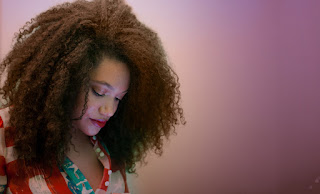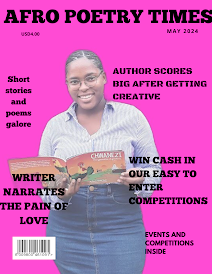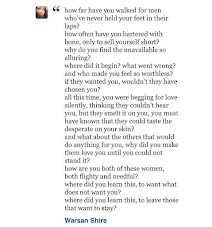More information about the program can be found here: YOUR VIEW – YOUR VOICE – YOUR POETRY – YOUR VIDEO - U.S. Embassy & Consulates in South Africa (usembassy.gov)
What inspired you to start writing poetry, and how did you develop your unique voice and style over the years?
Inspiration literally means to breathe in. Originally it had a spiritual connotation. Inspiration was something that was breathed into you by the Divine. So I would say that the Holy Spirit inspired me to start writing poetry.
I first started writing when I was 10. My 5th grade teacher, Ms. Christiano, wrote a Shakespearean sonnet on the board and instantly I recognized a kindred spirit. I knew I could do that. I already was doing that in my mind, I just didn't know that it was called poetry. I'm so grateful to her for giving me a name for my impulse to seek out curious and gorgeous words.
I wouldn't say I intentionally developed my poetic style, though I still hope to do that. I think my creative self developed like a child develops. Of course there was direct instruction, but there was a lot I picked up by passive observation and absorption. I learned a lot, probably the most, from my peers: Ben Alisuag, Joshua Bennett, Aysha El Shamayleh, Chloe Wayne, Ibrahim Jaaber, Ibraheem Basir, Zora Howard, Jasmine Mans, Carvens Lissaint, Miles Hodges, and Raliq Bashard. I also learned from mentors like Just Greg, Queen GodIs, and Carlos Andrés Gomez, and from the other poets I was slamming against. Some of these people won't be names others recognize, but my friends were the poets I looked up to. They were the people I wanted to impress.
Can you discuss your creative process when crafting a poem? Do you have any specific rituals or routines that help you in your writing?
Recently, I haven't been writing poems. I say that to my heartache. The poems are on vacation for the time being while I've been working on a book about biblical wisdom.
But when it comes to routines. I typically write first thing in the morning. Before I start writing anything, I begin with a prayer of invitation to God, thanking him for inspiration, the gift of being able to write, and for whatever emerges from the process. I find this helps me to write from a place of faith rather than anxiety. Approaching the blank page can sometimes be daunting for me. A prayer reminds me that I don't have to approach it alone.
How do you approach themes and topics in your poetry? Are there recurring motifs or subjects that you find yourself drawn to?
I used to write a lot about love and heartbreak. Those themes can apply personally but they can also apply politically. These days I am writing poems that are more geared towards the relationship between the body and the spirit. What spiritual insights arrive at me from my body, from my female anatomy? What spiritual insights help me live into my body more deeply? Everything whispers of God. I'm trying to quiet my anxiety long enough to listen.
As an international poet, how do you navigate cultural differences and language barriers in your work? How does your background influence your poetry?
I have the fortune of writing in the world's current lingua franca which gives my poetry a pretty big audience.
About seven years ago though, I was teaching poetry workshops in Amman. This program was also hosted by the US embassy. While teaching and performing, I had to work through a translator because I knew very little Arabic.
I couldn't appreciate the full beauty of the participants' poems because the language and its particular poetics was lost to me. But it was an incredible experience to see how poetry could still bring people together despite being separated by language and culture.
Can you share some insights into the impact of your poetry on different audiences around the world? How do you connect with readers from diverse backgrounds?
Frazelle Arries from Cape Town wrote me a letter. In it she thanked me for choosing to be the kind of poet who cares for an audience. Receiving letters like that means everything to me.
For years I was seeking validation when I went on stage. But now I more so hope to tell the truth of my life, and by doing that, I hope that someone feels cared for and a little less alone. That's the bottomless ache of all human beings. It's an ache that needs endless tending. I think poems can help clean and bandage those wounds.
What advice would you give to aspiring poets who are looking to make a mark in the literary world? How can emerging poets hone their craft and find their voice in a competitive landscape?
Read a lot of poetry. Listen to a lot of poetry. Ask questions of the poem and try to find the answers in the poem. Treat poems as little worlds of wonder.
Perform as much as possible to build your comfort with the stage. Surround yourself with other poets and you'll grow just by the nature of the company you keep.
As for finding your voice—I'm not sure that you find your voice. It's always there within you. You just have to trust it. That takes patience and courage and a lot of encouragement from others.













